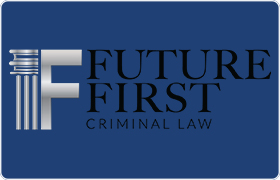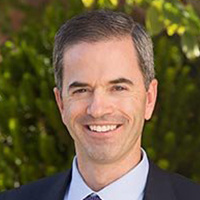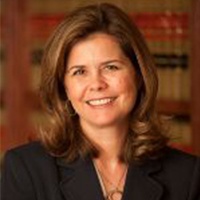Scottsdale Misdemeanor Lawyer, Arizona
Sponsored Law Firm
-
 x
x

Click For More Info:
-
Future First Criminal Law
2999 North 44th Street Suite 307 Phoenix, AZ 85018» view mapCriminal Defense Defending Your Rights
At Future First Criminal Law we help keep GOOD people out of jail! We are a competitive criminal defense and DUI firm in the valley that ruthlessly advocates for our clients.
602-900-6642
Bradlee Rideout
✓ VERIFIEDAttorney Brad Rideout is the managing attorney of Rideout Law Group. Brad got his undergraduate degree from Arizona State University, then got his law... (more)
Ryan McPhie
✓ VERIFIEDGrand Canyon Law Group (formerly McPhie Law) was created to fight for the little guy. We pride ourselves on being the law firm that fights hard and pu... (more)
Jeremy S. Geigle
✓ VERIFIEDJeremy earned his undergraduate degree from the Marriott School of Management at Brigham Young University in 1998. He then attended Pepperdine Univers... (more)
Kristen M Curry
✓ VERIFIEDKristen Curry has been certified as a Criminal Law Specialist through the State Bar of Arizona for the past 18 years and has extensive jury trial and ... (more)
FREE CONSULTATION
CONTACTFREE CONSULTATION
CONTACTScott Allan Maasen
FREE CONSULTATION
CONTACTFREE CONSULTATION
CONTACT Zachary Divelbiss Phoenix, AZ
Zachary Divelbiss Phoenix, AZ





